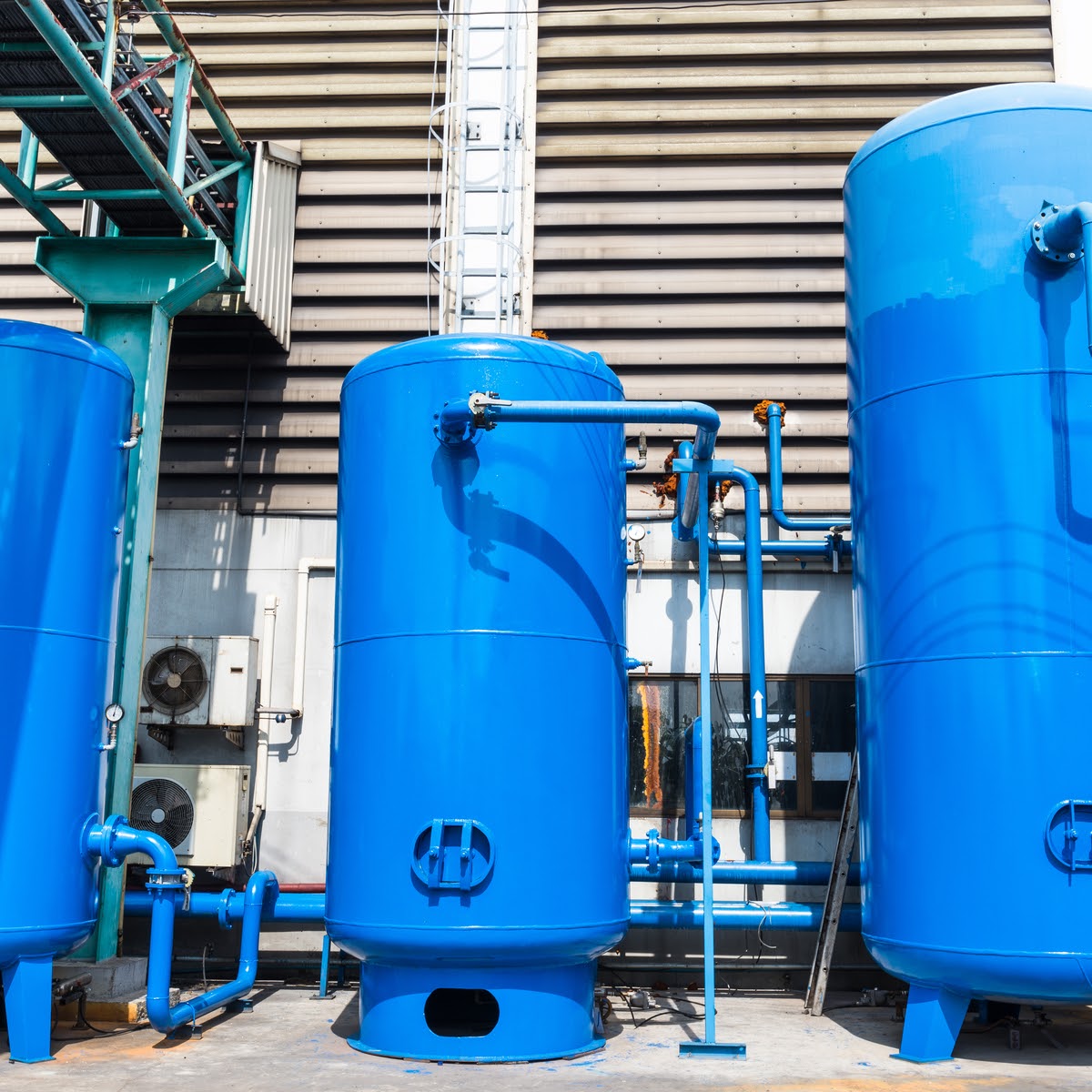
You can implement best practices for air compressor use into your facility to keep your facility running at peak performance. Compressed air systems appear in a wide variety of facilities and installations. Although they are so common, many myths surround compressed air systems and the proper way to use them. The goal of this article is to separate fact from fiction and keep your facility running at peak performance.
Safety First
One of the biggest myths concerning compressed air is that it is perfectly safe (after all, it’s just air, right?). It is true that the air itself won’t hurt you, but the energy stored in the compressed air will. Compressed air can cause blindness, deafness, and other serious injuries. Compressed air must be treated appropriately to avoid injury, and proper protective equipment must always be used.
Energy Management
Air compressors are a big consumer of energy. Good energy management practices can help keep this cost manageable and keep your system running reliably. Compressed air leaks are just a waste of money and should be dealt with appropriately. Data logging systems can use trends to show you how your compressed air and energy uses change over time. These systems also help you put a good number on the cost of operating your compressed air system. Another easy thing to do to improve your facility’s energy management is to turn the compressors off when they are not in operation.
Learn More About Efficiency Audits
The Cost of Air Compressors
Two costs associated with air compressors that lead to a lot of misunderstanding are the first cost and the operating cost. The first (initial) cost is the cost to purchase and install the air compressor at your facility. The operating cost is the cost to keep your system running on a daily basis. Higher quality compressors often have a higher first cost but lower operating cost. On the other hand, cheaper compressors may not cost much to purchase but may waste energy or break down more often (which leads to a higher operating cost).
When selecting the air compressor for your facility, minimize first cost by not purchasing a higher quality air compressor than you need. For example, a food processing plant may not need an oil-free compressor while a medical location may demand one. Also keep in mind the projected maintenance costs of the compressor. This will help you show the true impact your choice has on your budget.
Related: What Kind of Air Compressor Is Right for My Facility
Because air is all around us, people often assume it is a free resource and should have a minimal cost. This is true, but compressed air is a different story. The energy to compress that air has to come from somewhere, and it definitely costs money. Understand the needs of your facility and what the air compressor’s variable costs will look like over time so that you can make the right decision up front.
Oil-Free Air Compressors
Tons of misinformation surrounds oil-free air compressors. The first myth is that oil-free air compressors don’t use oil. Oil-free air compressors typically use oil as part of their cooling systems, but gaskets and seals keep this oil away from the compressed air stream. On top of that, not all oil-free compressors are created equal. The International Organization of Standards (ISO) ranks compressors on the cleanliness of the air they produce. A Class 0 oil-free air compressor puts out the cleanest air and can meet the highest of quality requirements. Many applications don’t require air this clean, so it’s important to understand the standard that has to be met.
Another myth that often pops up is that no downstream filtration is needed on oil-free air compressors. Even if the air is oil-free, it can still have particulates or contaminants that need to be filtered out. Oil-free air compressors can also be a source of contamination themselves. In addition, the air distribution system, compressed air storage tanks, and even the air coming into the system can be contaminated or be a source of contamination that must be dealt with through filtration.
Sorting the good information from the bad can be difficult when it comes to compressed air systems. You need experts you can trust to help you develop the best systems and processes for your facility. Contact the experts at Tate today to see how they can help with your facility’s compressed air system and more. And for more help with air compressor issues, check out our air compressor maintenance checklist
